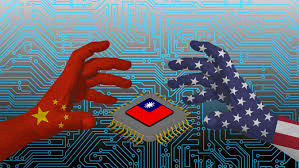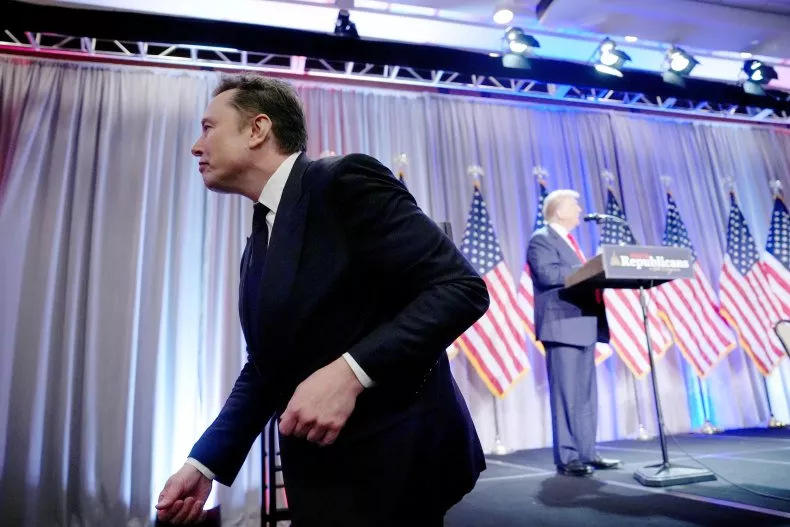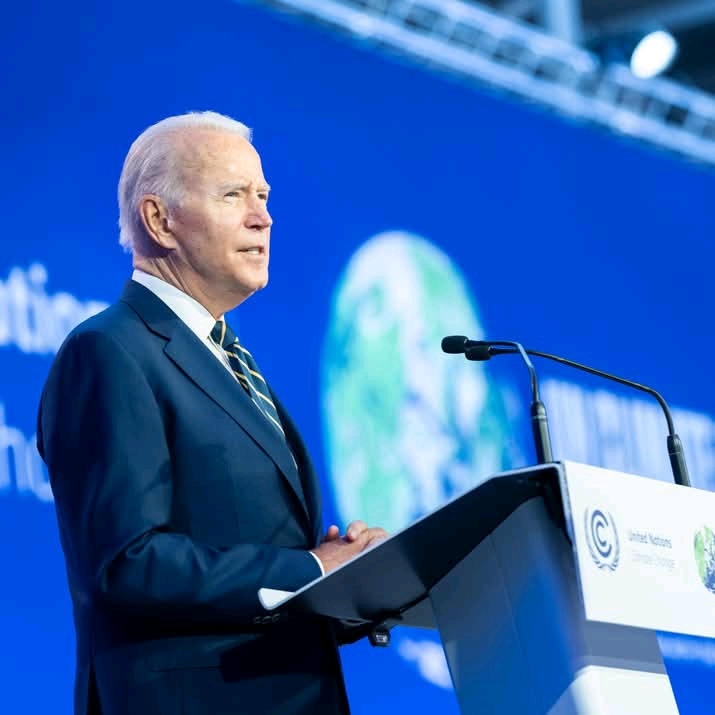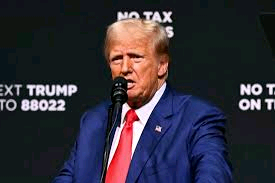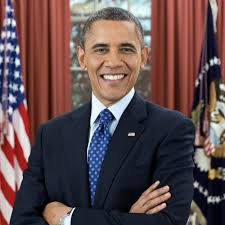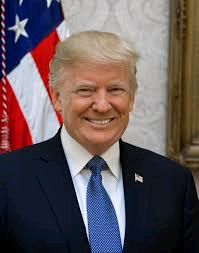U.S. Tightens AI Chip Restrictions on China
In a significant escalation of its tech policy, the U.S. government has implemented stricter export controls aimed at limiting China’s access to advanced semiconductor technology. This move, announced by the U.S. Department of Commerce, includes adding 140 Chinese companies to the entity list, which restricts their ability to procure American-made technologies without special licenses. These measures target China’s burgeoning AI industry, particularly its ambitions to develop advanced chips critical for artificial intelligence and military applications.
The restrictions come amidst growing concerns about national security and the global balance of technological power. By lowering the threshold for export restrictions, the U.S. seeks to close loopholes that have previously allowed Chinese firms to access critical technologies. For instance, some Chinese manufacturers were found to be using complex corporate structures to sidestep earlier sanctions. The new policies also introduce “red flag” guidelines, urging U.S. companies to scrutinize partnerships for potential indirect ties to restricted entities.
The Biden administration’s actions are part of a broader strategy to maintain a technological edge over China, particularly in AI and semiconductor manufacturing. Advanced chips are crucial for powering AI applications, supercomputing, and advanced weapons systems, areas where the U.S. seeks to retain dominance. The restrictions have already affected major Chinese semiconductor manufacturers, potentially stalling their progress in producing state-of-the-art chips.
However, critics argue that these measures could exacerbate tensions between the two nations and disrupt global supply chains. China has condemned the restrictions, labeling them an unfair attempt to stifle its technological progress. Some experts warn that the policy might backfire, pushing China to accelerate its efforts to achieve self-reliance in semiconductor manufacturing.
On the flip side, the move has been lauded by U.S. lawmakers concerned about China’s potential military applications of AI. “This is about safeguarding America’s technological leadership and ensuring our security,” said a senior Commerce Department official.
The new restrictions mark a pivotal moment in the tech rivalry between the U.S. and China. As both nations vie for supremacy in AI and other emerging technologies, the global semiconductor industry is likely to remain a key battleground, with far-reaching implications for innovation, trade, and geopolitics.
